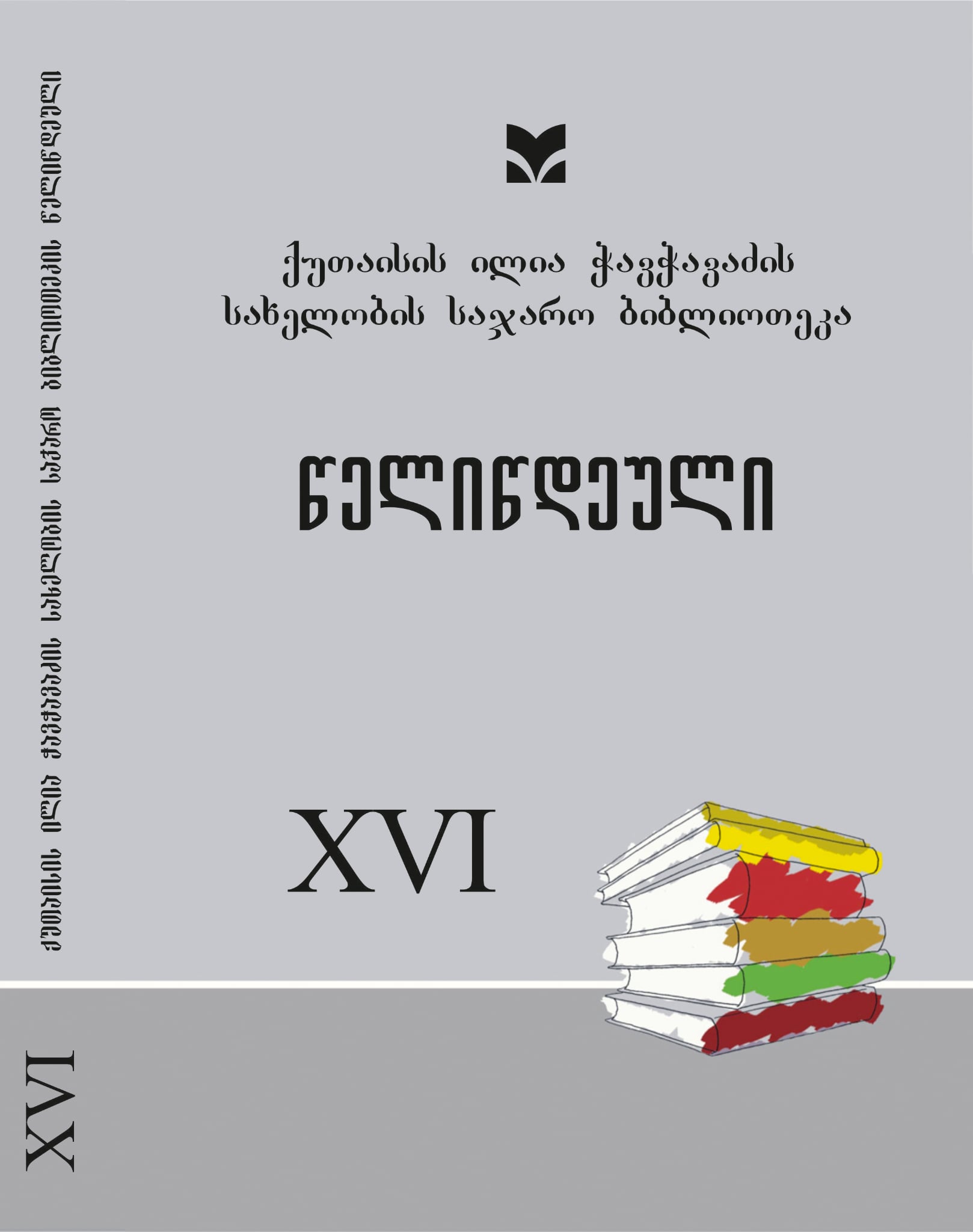Tragic Pages from the Family of Kakutsa Cholokashvili
DOI:
https://doi.org/10.61491/yk.16.2024.9397Keywords:
The 1924 Uprising, Kakutsa Cholokashvili, Soviet repressionsAbstract
In August 2024, the centenary of the 1924 popular uprising in Georgia was commemorated, an event aimed at liberating the homeland from Soviet occupation. Due to various circumstances, the uprising ended in failure, accompanied by bloodshed, mass executions, and widespread arrests. The driving spirit and main hero of the uprising was Kakutsa Cholokashvili, who embodied the Georgian knight: a calm, courageous man from Daba. His name has become permanently associated with the heroes who fought for independence and freedom. For a long time, mention of Kakutsa Cholokashvili’s name was taboo.
This study seeks to recall several tragic episodes from the life of Kakutsa Cholokashvili’s family—a family that was relentlessly pursued, arrested, and exiled to distant Siberia; some members were executed, while others lived their entire lives in fear and suffering. In particular, this study presents recollections from Kakutsa’s daughters.
Tamari recalls: In 1923, the household of Kaikhosro (Kakutsa) Cholokashvili was arrested: his wife Nino Mevginetukhutsesi and their two daughters, 7-year-old Tamari (Cicna) and 3-year-old Keti. Several female relatives, including members of the Sulkhanishvili, Avalishvili, and Mevginetukhutsesi families, were also detained. Cholokashvili himself was threatened: surrender, or your eldest daughter will be buried alive. After a year of inhumane conditions, Nino was informed that the children were free, but no family remained to take them except for their grandfather. The children were initially taken by their grandfather, Ilia Mevginetukhutsesi, who was soon arrested. For a time, their aunt Aniko sheltered them. In the villages of Kakheti, notices were posted threatening anyone who cared for Kakutsa’s children with arrest.
During this period of fear, a loyal and courageous person emerged: Babia, the daughter of the family’s former steward, Gio Kitiaishvili, who secretly came at night to provide the children with food, bread, and care. Their grandmother Aneta’s sister, Varo Andronikashvili, only learned of the children’s situation later and brought them to relatives in Telavi, cautioning that if asked, they should claim to have entered without her permission. The children remained there for a year before their mother and grandmother brought them to Tbilisi. No school would accept them, except for School No. 18 under Director Vakhvakhishvili, who bravely admitted them but instructed that no one should reveal their parentage.
Tamari recalls: their mother began working as a cleaner in a dispensary but could not endure the harsh conditions. After the war, she secured another job but was dismissed due to her family name.
Kakutsa’s wife and children endured immense suffering, including humiliation, hunger, and forced relocations.




